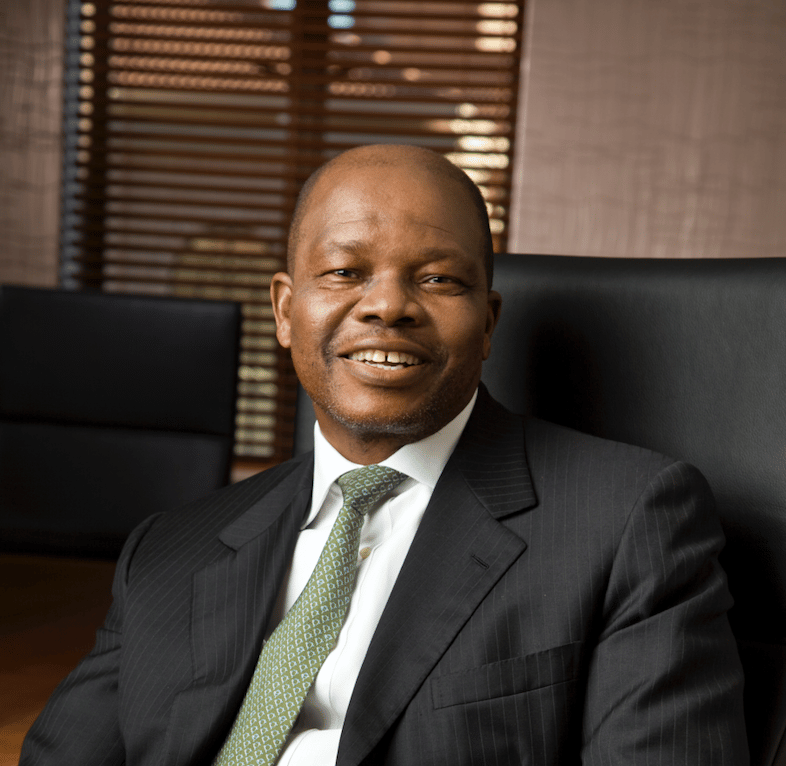South African entrepreneur, author and award-winning businessman Dr Reuel Khoza on the adversities that spurred him and the benefits he sees in collaborative leadership.
“Leadership will only emerge through challenge.”
Distinguished businessman Dr Reuel Khoza strikes an initially unassuming impression; despite a CV and business history that includes a litany of high-profile chairman- and directorships, as well as an extensive academic background and awards, including most recently, the Lifetime Achievement Award at the All Africa Business Leaders Awards, his humble, questioning nature is demonstrative of his unique leadership style.
“There’s an old proverb,” says Khoza in an interview with FORBES AFRICA. “… if you want to go fast, go alone. If you want to go far, go together.”
The oft-repeated phrase nevertheless sums up Khoza’s approach to business and leadership, a philosophy he gained an awareness of from early childhood, where he and his cousins would alternate the days minding the family cattle so each child could take turns to attend school. Earmarked as a strong intellect by his father from a young age, he attended the University of Limpopo (then the University of the North) where he obtained a degree in psychology and taught introductory courses to junior students. It was here that his first true brush with adversity occurred, which by chance spurred him into the world of business. As President of the University’s Psychology Society, Khoza had the opportunity to choose the theme of his term. “I decided on ‘decolonizing the African mind,’” says Khoza with a smile. “But it was the 70s… by the end of the year the authorities felt I was more of an agitator and they showed me the door.”
Unemployed for several months, Khoza took the first job he could out of necessity – a small position in the products department with Unilever. Never one to approach any task halfheartedly, he applied himself with vigor and soon obtained a scholarship to study further in the United Kingdom.
“I really landed in commerce by accident,” he says. “But being fired from the University was good for me… leadership will only emerge through challenge.”
Unilever was just the start of an illustrious career. From there he moved to Shell before branching off on his own, integrating the skills he had learned from both his psychological and business background into management consulting, executive training and strategic development. This work has seen him brought on to various major roles, including the chairman of Eskom at a time when it was named the global power company of the year in 2002 by the Financial Times.
Khoza looks back fondly upon these days gone by, and speaks with profundity about how collaborative leadership led to the successes of the state-owned-entity at the time. “I understand a little about how our electricity is generated,” he says, “But I am by no means an expert. It is the same with finance – I know a little, but am not an expert. I think of my job as to serve as a catalytic and coordinating agent,” he continues, laughing, “No pun intended.”
The ability to recognize and effectively manage talent is what Khoza credits with his success. Having been recognized by multiple awards for his contributions to business both locally and abroad, Khoza still renders assistance as the chairman of several boards. He notes with humor that he was Chancellor of the University of Limpopo for a time, the very University that fired him as a young man.
However, these days he spends the majority of his time on his avocado farm in in Hazyview, and writing his seventh book, a treatise on freedom and justice. “I guess there’s a sense that at age 72 I’ve done a little bit… I’ve made my little mark in business and governance,” says Khoza thoughtfully, “But if you can’t feed yourself, you have not really begun to live as a human being.”
